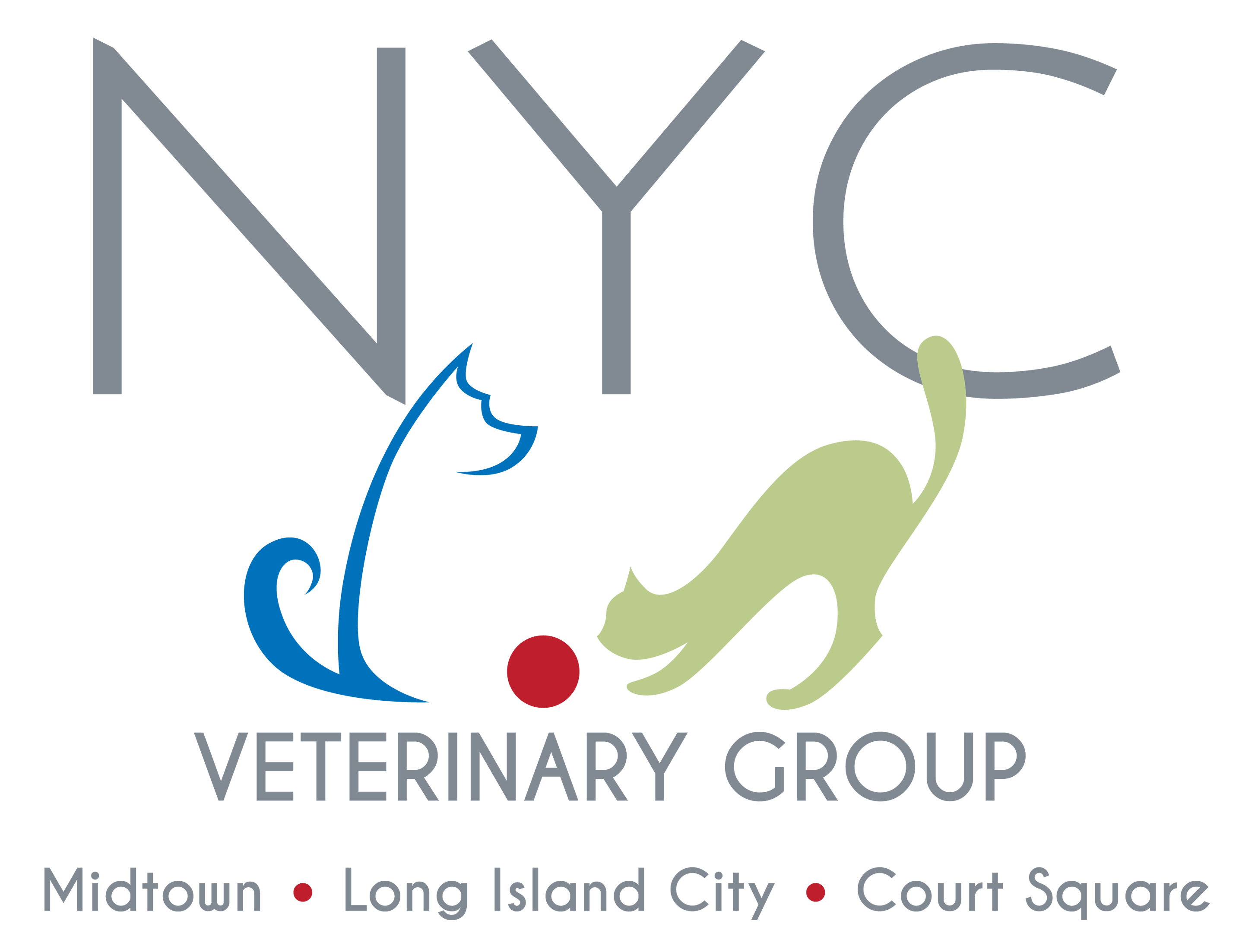Library
-
Pneumothorax is an accumulation of air outside the lungs, but inside the chest wall. The air outside the lung prevents the lungs from inflating normally, and can lead to lung collapse. There are several variations of pneumothorax.
-
Pododermatitis is a term used to describe inflammation of the feet or paws. It can be caused by many disorders including infections, allergies, hormonal disorders, immune-mediated diseases, tumors or cancers. Diagnostic testing is discussed. Effective treatment must be directed toward the underlying cause.
-
Polycystic kidney disease (PKD) is an inherited kidney disease that is common in cats, but uncommon in dogs. Dogs with polycystic kidney disease develop multiple fluid-filled cysts within the kidney, with the number and size of these cysts increasing with age. As the kidney cysts displace larger amounts of functioning kidney tissue, the dog begins to show signs of chronic kidney disease. There is no specific treatment for polycystic kidney disease; treatment is centered on alleviating the signs of chronic kidney disease.
-
Polycythemia vera is a rare disease of dogs and cats in which too many red blood cells are produced by the bone marrow. The blood becomes thick and has difficulty moving through the small blood vessels. Your pet may feel tired, sluggish, and weak. Polycythemia is a potentially fatal disease, but if discovered early enough, treatment may be possible. If left untreated, polycythemia vera can affect the heart.
-
A portosystemic shunt causes a bypass of blood from the gastrointestinal tract directly into the systemic circulation, avoiding the normal detoxifying process that happens in the liver and reducing nutrient input into the liver. Liver shunts can be congenital or acquired. Signs, treatment, and prognosis are discussed.
-
A telemedicine visit is typically conducted over telephone, text messaging, chat, email, or videoconference. This may allow a veterinarian to diagnose and treat your pet’s medical condition remotely, without the need for an in-person visit. Your appointment will be conducted by a licensed veterinarian.
-
The American Animal Hospital Association and American Veterinary Medical Association have established guidelines to standardize preventive health care for dogs, helping them to live longer, healthier lives. This handout provides an overview of the recommendations within these guidelines and why they are so important.
-
The pro-opiomelanocortin (POMC) gene, if mutated, can contribute to increased body fat and body weight and increased food motivation in affected dogs. At this time, this gene mutation has only been found in the Labrador Retriever and Flat-coated Retriever and affects the majority of those working as service dogs. This handout explains how the POMC gene mutation was discovered, how it impacts affected dogs, and how you can support your dog if affected.
-
Bone Diseases of Growing Dogs
Una cojera es una alteración de la marcha y su causa más frecuente es la aparición de dolor en alguna extremidad. Dado que los cachorros y los perros jóvenes son por naturaleza muy activos, la mayoría de las cojeras son transitorias y desaparecen rápidamente con restricción del ejercicio.
-
Progressive retinal atrophy (PRA), is a group of degenerative diseases that affect photoreceptor cells in the eyes. With this disease, the cells deteriorate over time, eventually leading to blindness. There are two main forms of PRA recognized in dogs: an early-onset, inherited form called retinal dysplasia, and a late-onset form. PRA is an inherited disease that occurs in many breeds of dogs. When a dog develops PRA, it should be removed from the breeding program, along with its parents and siblings. As PRA progresses, your dog's vision gradually worsens until he becomes completely blind. There is currently no effective treatment for PRA.




